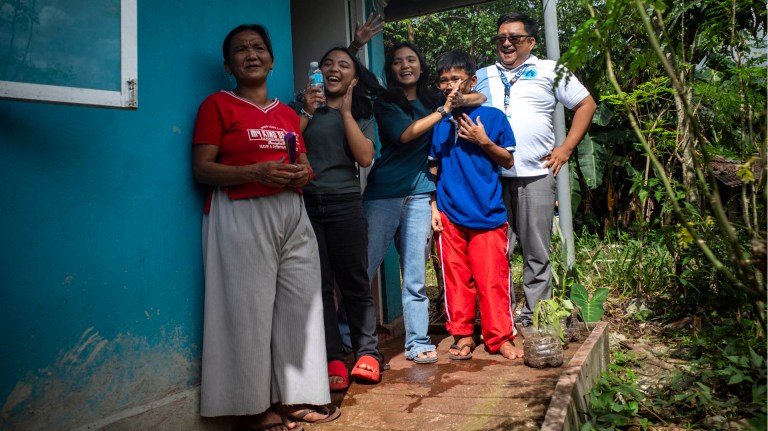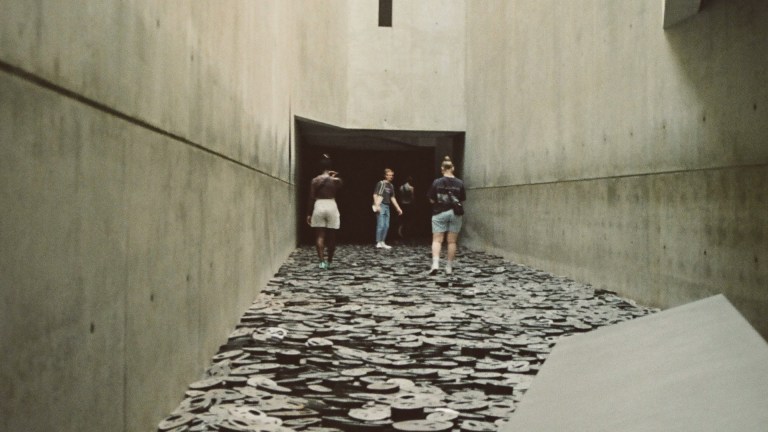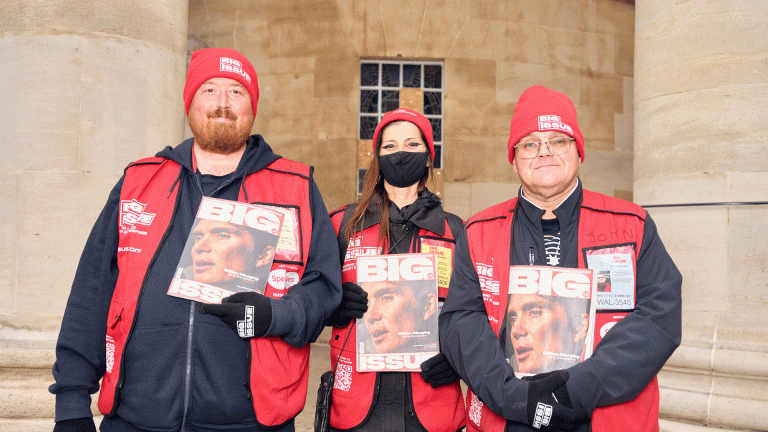When they approached their council, they weren’t offered a homelessness assessment or interim accommodation. Instead, the council told them to contact Centrepoint and also directed her to a homelessness outreach service. Doing this went against the Housing Act 1996 and placed the young person at risk of being forced to return to an abusive household.
This is just the tip of the iceberg. In almost one-third of the calls received by the Centrepoint Helpline where gatekeeping was evident, young people weren’t given an assessment because they were deemed not to be in priority need. This is despite the HRA requiring local authorities to conduct an assessment even if people are not in priority need.
The Centrepoint Helpline also frequently receives reports of local authorities turning away young people based on not having a local connection or believing them to be intentionally homeless. These factors shouldn’t have an impact on whether an assessment is carried out.
One young person contacted the helpline to report that they and their partner, who was eight weeks pregnant, were at risk of rough sleeping after being asked to leave the property where they had been sofa surfing for the past six months.
However, when they contacted the council, they were told that the partner didn’t have a local connection because she hadn’t lived in the area for two years. As most young people don’t know the intricacies of the Homelessness Reduction Act, they frequently take their councils’ advice at face value, leaving charities and frontline organisations, such as Centrepoint, to advocate for them and explain their rights to councils.
Read more:
Advertising helps fund Big Issue’s mission to end poverty
While it’s not acceptable for councils to be engaging in this practice, it’s important to acknowledge the context in which they are working. Many years of chronic underfunding from central government have forced local authorities to make impossible decisions around who receives support.
Heartbreakingly, these difficult decisions will only continue without urgent central government intervention.
While the path to tackling this won’t be easy, a first step is to ensure councils across England have enough resources to make sure all young people reaching out for help receive an assessment and support, if required.
Research conducted by WPI Economics for Centrepoint found councils needed at least £400 million extra in funding to assess and support a third of young people who were turned away from support in 2023-24.
However, it’s not just about money. There must be much greater scrutiny over how local councils provide homelessness assessments and support. We all have our sights set on ending homelessness, but we can’t get there if councils aren’t meeting their obligations and adhering to best practice.
By directing more funding to local councils and increasing oversight to ensure that local authorities provide consistent, high-quality support for young people, the government can help to end this unlawful practice for good.
Advertising helps fund Big Issue’s mission to end poverty
Dr Lisa Doyle is head of policy and public affairs at Centrepoint.
Do you have a story to tell or opinions to share about this? Get in touch and tell us more.
Change a vendor’s life this Christmas.
Buy from your local Big Issue vendor every week – or support online with a vendor support kit or a subscription – and help people work their way out of poverty with dignity.





